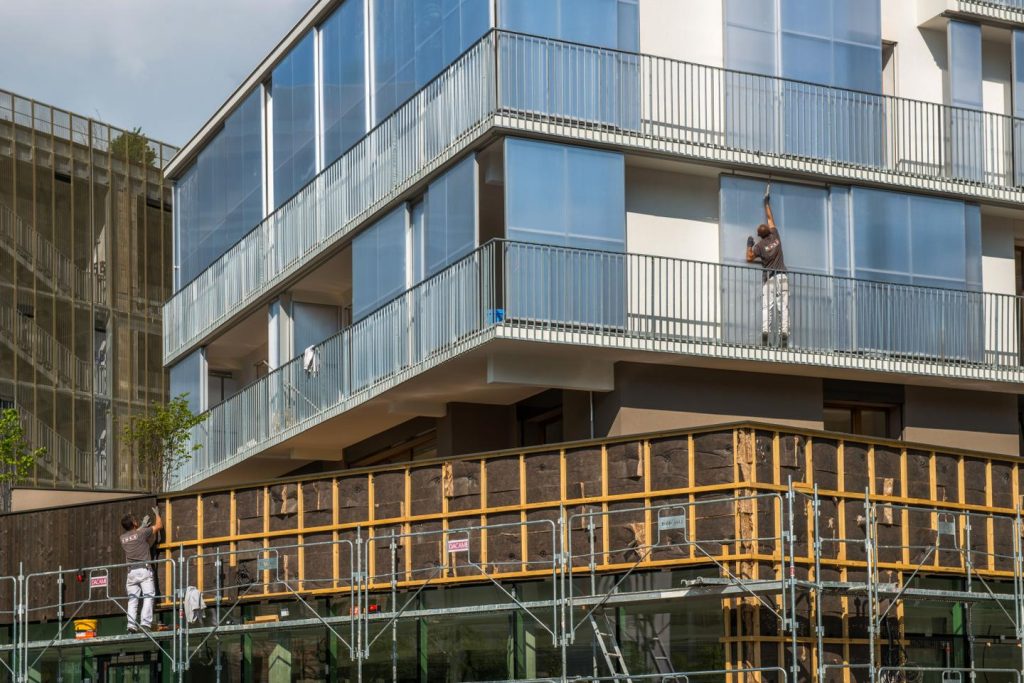In recent years, French politics has seen a rapid turnover of four prime ministers in just one year, a situation reminiscent of the crisis-ridden period of 1934 when the country was deeply divided and struggling to find a path forward. This historical parallel is significant when considering the current demographic challenges facing France, with birth rates falling to levels not seen since the late 1930s. A low birth rate is often seen as a sign that a country lacks confidence in its future, reflecting concerns about climate change, geopolitical crises, economic instability, and the overall difficulty of making ends meet.
One key factor contributing to the decline in birth rates in France is the housing market. Young people, who are often the most affected by housing shortages in major cities, are deterred from starting a family due to the lack of affordable and suitable housing options. The rapid increase in interest rates and stricter lending criteria have led to a significant drop in real estate transactions, affecting all segments of the housing market, particularly new construction projects. This scarcity of housing options has made it even more challenging for young people to find a place to live and start a family, as they are often excluded from both the social housing sector and private rental market.
It is imperative for the government to address the housing crisis with a focus on youth. The current situation is exacerbated by a tax policy that favors short-term rentals like Airbnb over long-term housing options, further limiting the availability of affordable housing for young people. As a result, young adults, who make up a significant portion of the population living in expensive urban areas, are struggling to find affordable housing that meets their needs. The lack of access to suitable housing options is having a direct impact on their ability to plan for the future and start a family, perpetuating the cycle of low birth rates and demographic challenges in France.
Despite being one of the top European countries in terms of public spending on housing, France continues to face issues related to the quality and quantity of available housing. The disparities between the social housing sector and private rental market further compound the challenges faced by young people in finding affordable and adequate housing. With limited resources at the start of their careers and facing high rental prices in urban areas, young adults are caught in a housing crisis that hinders their ability to establish themselves and plan for the future. Addressing these housing disparities and creating more accessible housing options for young people is essential in supporting future generations and reversing the trend of declining birth rates in France.
In conclusion, the current housing crisis in France, exacerbated by economic challenges and a lack of suitable housing options, is having a significant impact on young people and their ability to start families. The government must prioritize policies that address the housing needs of young adults, providing them with affordable and stable housing options that enable them to plan for the future. By investing in the youth housing market and creating a more inclusive housing policy, France can begin to address the root causes of its declining birth rates and build a more sustainable future for generations to come.


